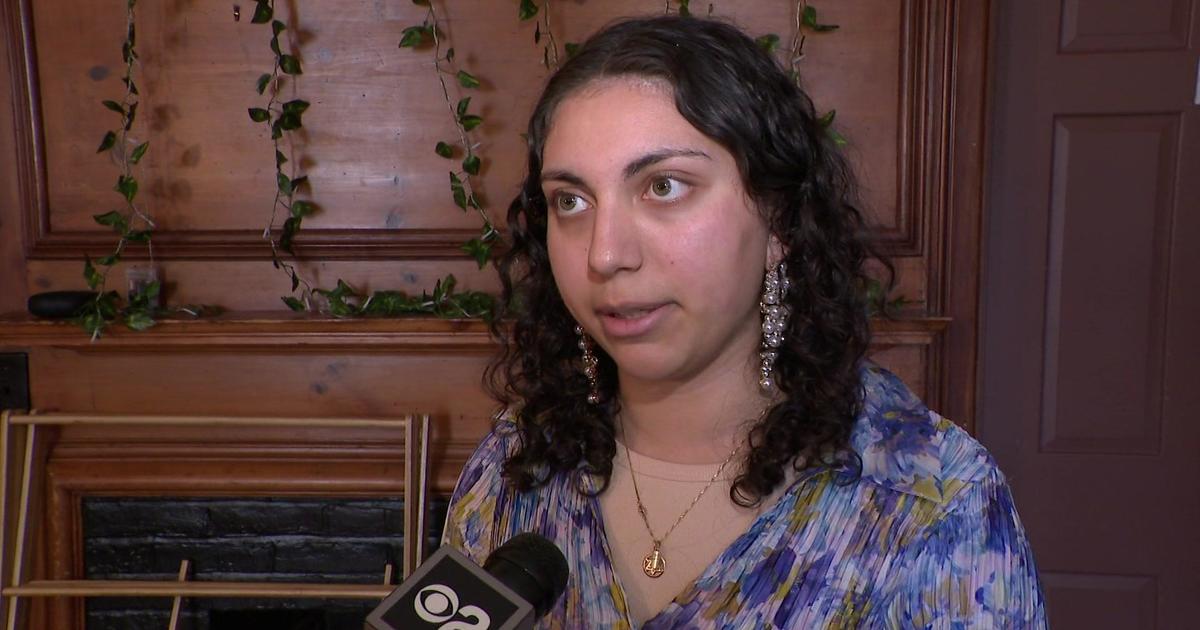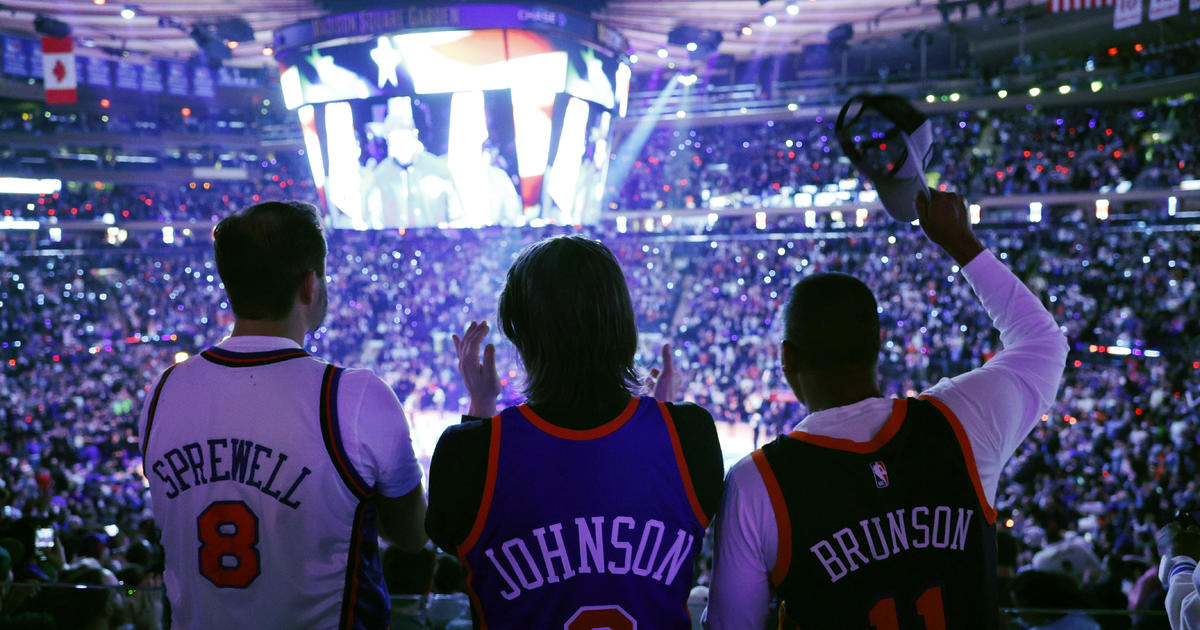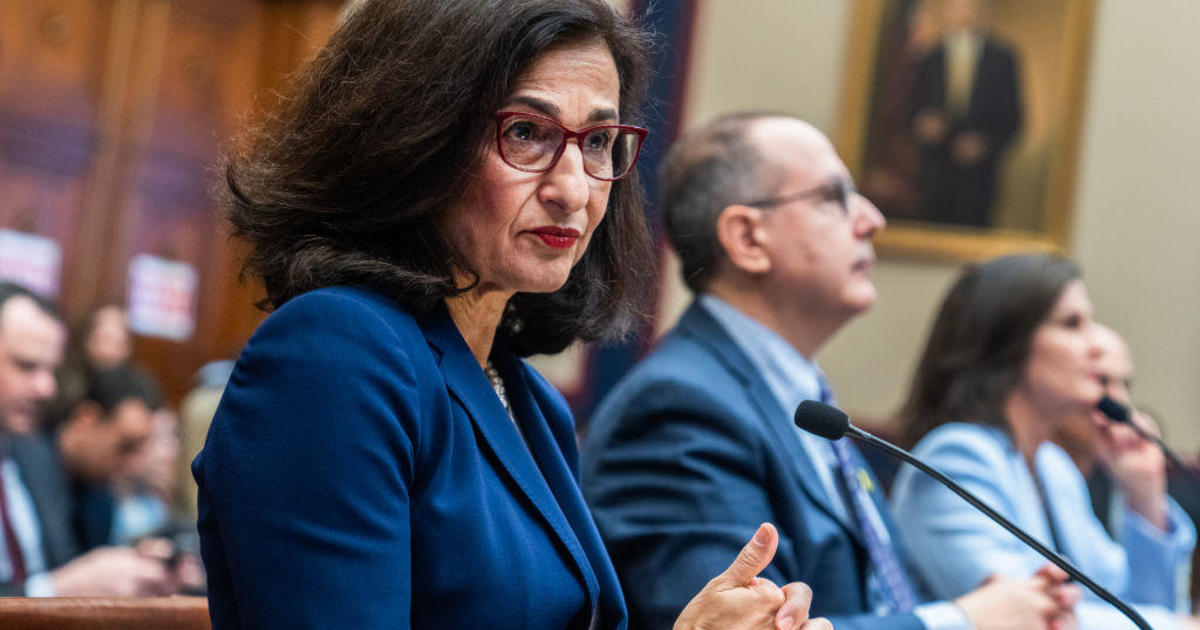Hopes High After 'Kick And Kill' Therapy Leaves Man Testing HIV-Free
NEW YORK (CBSNewYork) -- There were hopes Monday night that a British man could be the first person to be cured of HIV.
As CBS2's Dr. Max Gomez reported, the man is part of a clinical trial using a pioneering new therapy that doctors have called "kick and kill."
There have been other so-called cures of HIV that have not panned out. The Berlin patient who had a stem cell transplant from a genetically HIV immune donor was the first.
But the kick and kill technique uses a vaccine to train the immune system to spot hidden HIV proteins. Afterward, a Food and Drug Administration-approved cancer drug is used to kick the dormant HIV genes awake in affected T cells, and then the immune system can find and kill the HIV-infected cells.
Jo Josh contracted HIV in 2008. She said being diagnosed was heartbreaking.
"It was awful," Josh said. "I would like to say, 'Oh, I took it in my stride,' but it's not true. I was just in a sort of shock. I couldn't believe it."
the use of anti-retroviral multi-drug cocktails has succeeded in making HIV a chronic disease for most, but it's not a cure, because the genes that make the virus can hide out of the drug's reach inside the immune system's T-cells.
If the drugs are stopped, the virus re-emerges from its hiding place inside T-cells.
But the kick and kill method could change that.
The trial is only in its early stages, but already one British man in his 40s has tested HIV free.
He is just the first of 50 people who will undergo the pioneering treatment.
if successful, the technique could have a global impact.
"Internationally, there are 37 million people with HIV – only around half of whom are on a treatment," said Mar Samuels of the British Institute for Health research. "And really, everybody should be on a treatment."
HIV patients will have to be followed for years to make sure the virus does not come back. if it does, it could still be controlled with the conventional multi-drug therapy.
Vaccine is part of the treatment, but the vaccine does not prevent HIV in the first place. It only awakens the immune system to go after already-infected cells.
It is a hopeful development, but it remains to be seen whether it will be useful for the majority of HIV-infected people in the Third World, and it is too soon to be called a cure.



